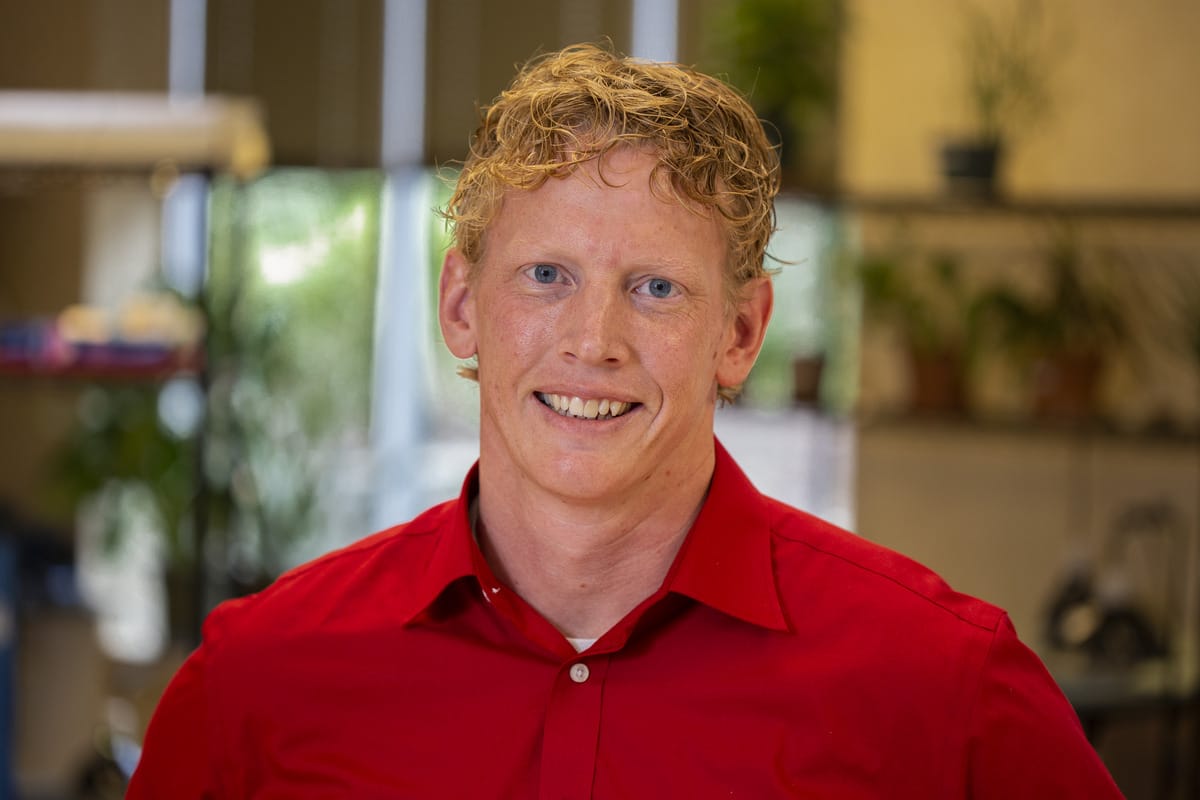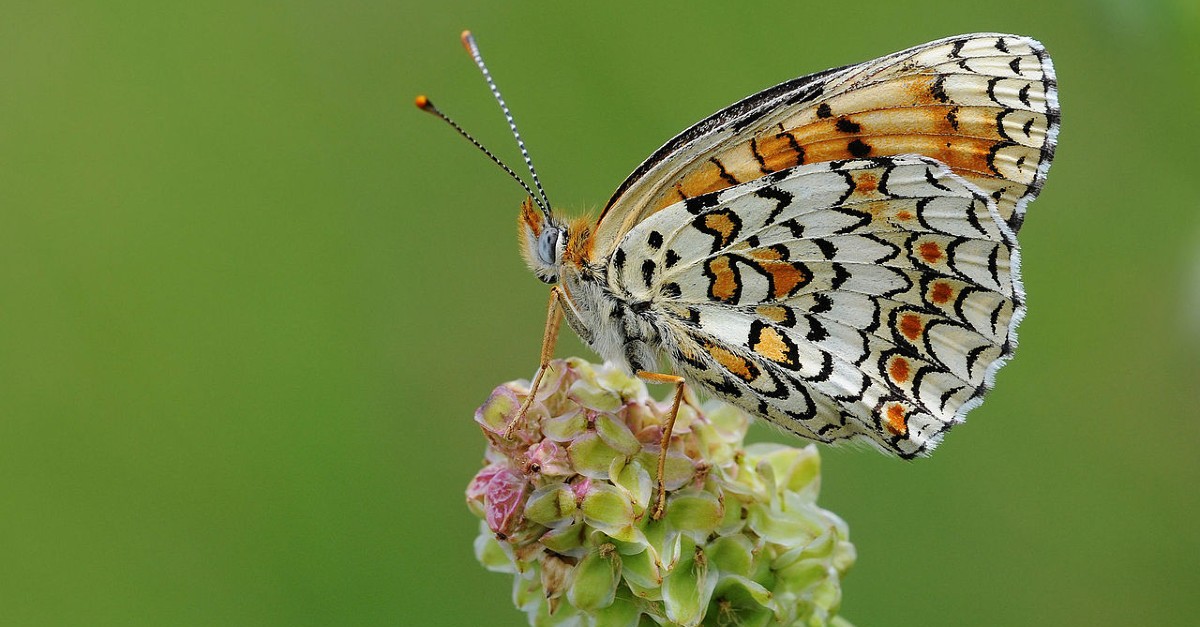I am writing this at 5:41 a.m. It is Tuesday, November 3rd, which means that between you and me, Reader, there has been a world-changing decision.
Maybe you don’t know the results of the election yet. Maybe you do. But by the time you read this, the die will have been cast. Whatever the outcome is, it will change the course of history forever.
Maybe that seems melodramatic, but it’s true. On the flip side of every election is a very different world that could have occurred, if only the other candidate had won. It’s an interesting intellectual exercise to speculate about how things might have gone differently in those alternate universes, but that’s the thing about decisions: once they’re made, they cannot be undone.
A Butterfly
What’s wonderful and terrifying is that all of our decisions are like that. There’s a famous aphorism that when a butterfly flaps its wings in Kansas, it can start a hurricane across the ocean — and each of us is that butterfly. The world displays, in the words of chaos theory, “sensitive dependence on initial conditions,” which means that whether you decide to stop for coffee this morning will have an impact on the course of human history. You can’t know what impact, of course — which hurricanes your starting or avoiding, but your choices will matter.
That’s especially true in your classroom, where your decisions have immediate and obvious impact on young minds and young lives. Each of your students will go out and live a different life because of the words you say — because of the impact you have.
It’s a big responsibility. But if a butterfly can do it, you can, too.
A Guide
We can’t know, of course, the long-term impact of any of our decisions; we can’t know which flap of our arms starts a hurricane, and which prevents one. Over the course of our human history, however, our species has developed some strong guides for how to make decisions in our complex world: those guidelines are called virtues.
In the long run, when we act virtuously, the world gets better. The more our decisions are guided by our virtues, the better our chance of making a positive difference in the world.
Do you sometimes feel like responding to a student in anger? Choose the virtue of patience. Are you tempted to despair? Choose perseverance. Every day, choose kindness. Choose joy. Choose wisdom and self-control.
Sometimes your good deeds will backfire. Sometimes your mistakes will work out just fine. But over a career — and a lifetime — of little acts of nobility, your impact will add up.
Let’s keep that in mind today, no matter how we feel about the outcome of the country’s big decision. Respond to others in a virtuous way. Show them grace. Let your words be just. With your students and with the world, choose virtue.
A Call
This reality — that virtue ripples out into the world — empowers our students to live lives of consequence. When you engage your class in authentic projects where they have a chance to take their learning outside of the classroom, you show students that they can have a powerful, positive purpose. Those authentic learning experiences are a great way to teach content, but more importantly, they’re a great way to show students that they matter.
We hope you are all staying healthy and safe during this difficult time. For more free educational resources, or ideas on how to promote healthy Social-Emotional Learning, simply follow this link!
*Image courtesy of Zeynel Cebeci via wikimedia commons.

